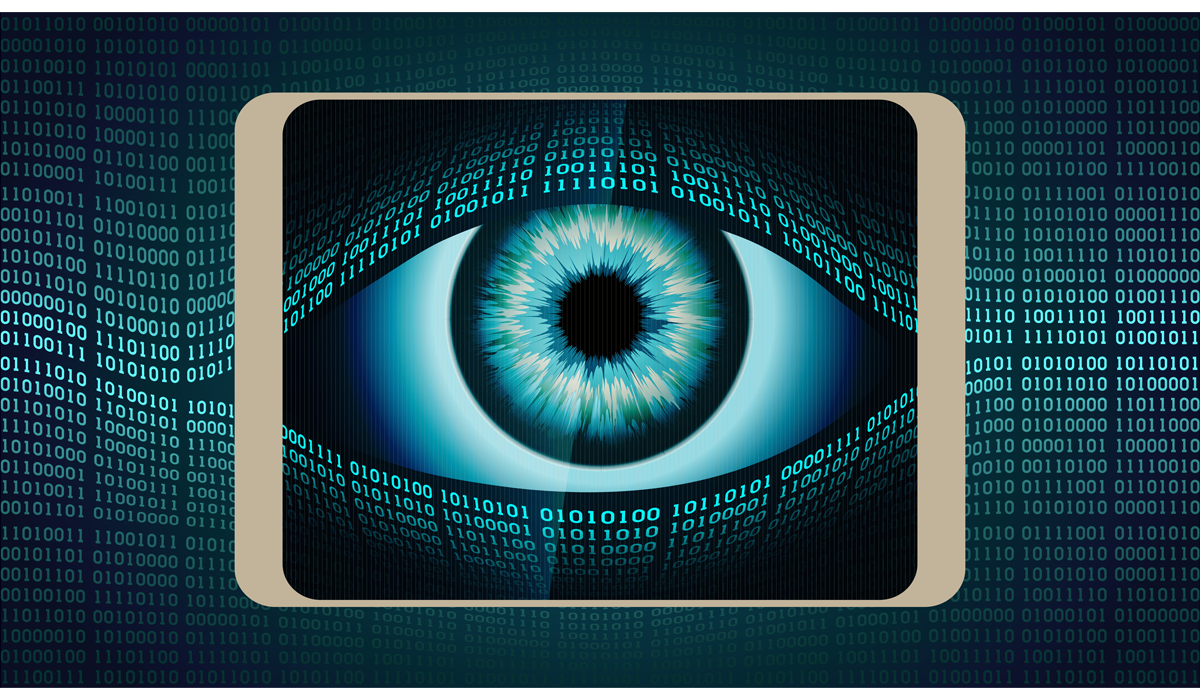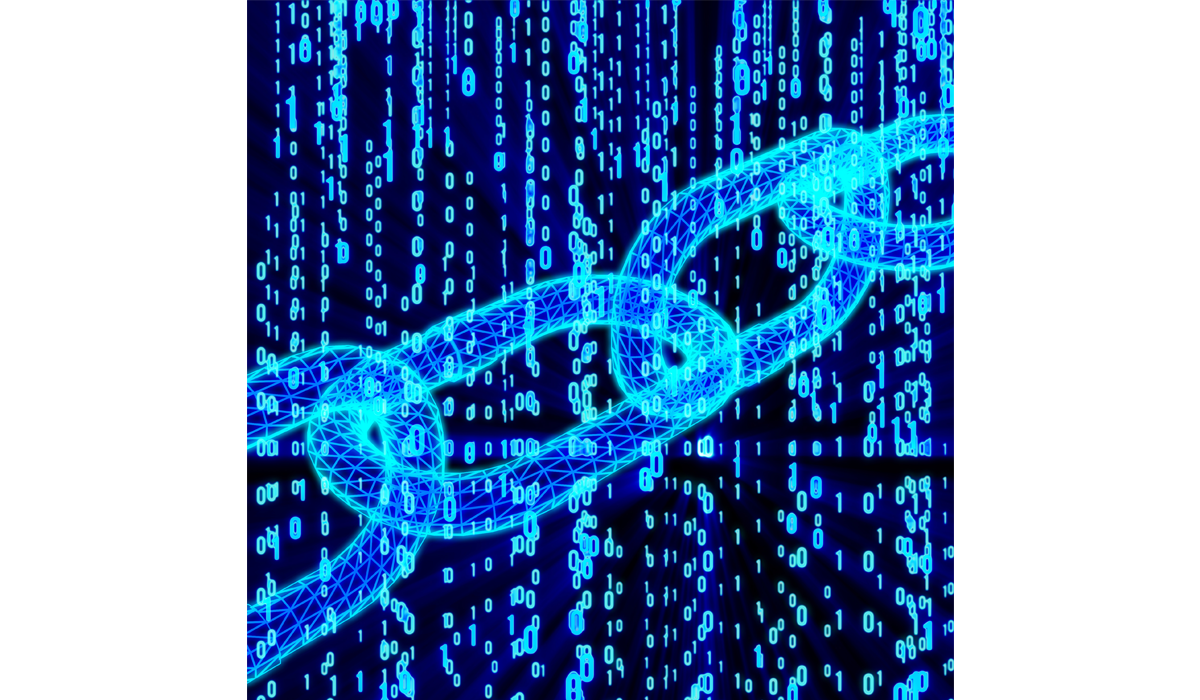The Real Matrix

Who is Cialdini, and why the heck is he trapping us? Cialdini did groundbreaking research and wrote a groundbreaking book (and subsequent books) outlining that things that influence us when we make decisions.
Each one of these has been established through various testing and decades of marketing by advertisers. These are considered “laws” of influence. They are not academic ideas. They are testable and demonstrable ideas that impact human decision making in a very repeatable way.
The words that describe these ideas have made their way into the mainstream. We will cover each one briefly here. If you are interested in a much further treatment of the laws themselves, you can read more here or here.
Authority
People are much more likely to act upon the advice or recommendation of an authority figure than a person of unknown status.
Social Proof
We will be much more compelled to do something if it is also being done by a large social group. The more we identify with the social group, the more their actions will compel us to similar actions.
Commitment and Consistency
We tend to do things that we’ve done before. When choosing between an unknown action, and a familiar action, we will choose the familiar action unless there is a very compelling or pressing reason to chose the unknown action.
Comparison and Contrast
We perceive the value of something differently when it’s compared to something vs. the item being on it’s own. If the thing it is being compared to has much greater cost but only slightly fewer benefits, it will make the original item appear more compelling by comparison.
Scarcity
All else equal, things are valuable inversely proportional to their availability. The scarcer something is, the more valuable it is. All else equal, we will be more compelled to buy an item that is almost out of stock compared to one that is fully stocked.
Reciprocity
We are subconsciously compelled to return favors. If somebody does something unexpected that we perceive as valuable, we will feel compelled to do something that they feel is valuable.
Liking
We are much more likely to follow the advice of somebody we like, for any reason (rapport, sexual attraction, friendship, etc.) than somebody we do not like.
Outside In Persuasion

Most of the time, these are seen as tools we can use to help us (or others) in our attempts to influence others. There are plenty of ways advertisers use this to increase product sales. Politicians use these to get more votes. Seducers use these to get more success creating romantic relationships.
Persuasion Examples
Every guy knows the value of social proof. If you walk into a nightclub by yourself, you will have a difficult time. If you walk into a nightclub with a group of friends, you will have a slightly easier time. If you walk into a nightclub with a group of attractive females, it will be very easy to meet other attractive females. The attractive females give you social proof in the eyes of your target females.
Even when we know it’s false, the idea of scarcity is ever present. Countdown timers on websites, the small number of items left (better hurry up and buy!) on online retailers, and sales that are for weekends only are proven again and again to be effective.
Most of us have a set of brands we buy again and again. Car models, clothing, restaurants, the same meals at the same restaurants, these are all examples of commitment and consistency.
Social Proof and Authority Gone Wrong

There have been several incidents in history when these advertising and seduction techniques have led to disastrous results. Hitler didn’t have much except authority and social proof. He convinced the German people that they were being persecuted by “outsiders” which strengthened their social proof.
The Rwandan genocide was similar. One group (Hutu) felt oppressed. Through authority (The government at the time was controlled by Hutu) and social proof of their collective oppression (or memory), they felt it suitable to slaughter a million (estimates are half a million to a million) Tutsi over a hundred-day period, with machetes.
Milgram Experiment
This was a famous experiment that demonstrated just how blindly most of us will follow the advice of an authority figure. Just on the word of an guy in a lab coat claiming to be a doctor, most people in the study gave enough electric shocks (that were fake but believed to be real) to kill a man.
The man getting shocked pretended to be in great pain, even pretending to have a heart attack. But because the authority figure said it was OK, people went right on shocking the guy. Most of us believe we’d never do such a thing, but the results say otherwise.
Evolutionary Origins
It’s not difficult to see how these seven laws could be evolutionarily beneficial. Humans are social animals that self-organize into hierarchies. Social proof and authority are both integral parts of this ancient and instinctive social system. Doing familiar things saves on brainpower. Reciprocity is the glue that holds social systems together. Many lower animals practice a kind of “tit for tat” record keeping.
Are Cialdini Laws Voluntary?
Besides being used well in advertising, and sometimes leading to horrific effects, is it possible to not be influenced by these laws? We would all like to think the answer is yes. We would all like to think we are free-thinking beings that have free will, and that all our choices are rational choices of our conscious mind. But is this really true?
Conscious Mind – After The Fact Storyteller?

Several studies have shown that in some instances, our conscious mind is the last to find out what we’ve just done. For example, scientists will stimulate a portion of a test subject’s forearm that will be experienced as an itch. The itch will happen, the muscles in the other arm will start to contract, reach over and scratch the itch. But when they measure the different areas of the brain that light up, the conscious part is activated AFTER the left arm begins to reach over to scratch the itch. This suggests our conscious mind is a “watcher” rather than a “chooser.”
Pre-Conscious Processor
Our senses are hit with a million of bits of information per second. Our conscious mind, however, can only handle about forty bits per second. This means the pre-conscious processor has the tedious job of trying to find the relevant information through all the noise. This is usually the things associated with good things (our name, money on the street, an attractive person) or things that are dangerous (snakes, letters from your bank, the sound of your boss’ angry voice).
Subconscious Advertising

There are plenty of examples of subconscious advertising. Ideas that slip in through our conscious minds and compel us to action. Consider the idea that these seven laws are very much like that. We don’t see a crowd of people and consciously think:
“Hey I don’t know what they’re doing but since there are so many people, I don’t want to miss out!”
Instead we get a “feeling” we interpret as being “interested.” Then we walk over, look at whatever everybody is looking at, and make a decision. We need to keep our ego intact, so we need to have a reason other than “following the crowd” to do whatever the crowd is doing or buy whatever the crowd is buying.
Later on, when our friends ask us why we did or bought what we did, we’ll have a ready made “story” that sounds legitimate. We say something like, “Oh I don’t know, I was out wandering around, I saw this store that looked interesting, and I went to take a look. I thought I could use one of these gizmos so I bought one.”
What Is Really Happening?
If you took a video of yourself while a buddy tossed a wadded up paper ball across your face, you would see the delay between reality and your response to reality. In that small fraction of a second, your brain is trying to figure out what’s important, and what’s not important. So before your conscious mind is being presented with any data, your pre-conscious processor has already decided for you what is important and what isn’t.
Social Reference Influence

We are much more influenced by our social group that we realize. In one experiment, a group of test subjects were shown two pieces of paper. One had a single line, and one had three lines. The task to choose which of the three lines was the same length as the single line. An easy test if their ever was one.
Yet when others in the room purposely chose the wrong line, the test subject felt compelled to do so also. If we are this influenced by social peers when choosing things as simple as line lengths, what about much more complex topics like ideas about society, religion and politics?
Confirmation Bias
This is precisely how confirmation bias works. We choose our social peers specifically because they have the same ideas about the world we do. We think we are “right” and everybody else is “wrong.” With so many diverse viewpoints, not everybody can be “right.” Which means many groups all agree with each other that they are “right” when there is an equally opposite viewpoint believed with just as much strength.
Beehives and Anthills
Humans are very social creatures. Without continuous social contact most of us start to slip into non-normal thinking patterns. One of the worst ways to punish us is with solitary confinement. If any of us was banished to the wilderness and had to survive by our wits alone, even if there were plenty of available food (animals, fresh produce, etc.) most of us would be dead in a few months. Sure, some people do survive alone for years, but they are the exception to the rule.
Authority And Social Proof Inform Thinking
However much we enjoy believing in our independent thinking capability, most of us have a hard time coming up with any original thoughts of our own. Most of the ideas in our heads got there from either our social peers, or some kind of authority figure.
They Wouldn’t Lie To Us, Would They?

We like the idea of believing in authority figures. If it’s on TV, it must be true. If the guy who said that has a PhD, then it must be true. Imagine what would happen if we were always skeptical of authority figures. We might have to do our own research. We might have to spend a lot of time doing that research or difficult thinking when we could be doing something really important, like checking Facebook or Instagram.
How Many Contrary Ideas Do You Hold?
Here’s a test to see if you are actually an independent thinker or if your ideas are ideas that other people came up with and you accepted. Do you hold any ideas, or opinions, that are different from your friends, and different from any authority figures? If so, how comfortable would you feel arguing these ideas with friends, colleagues or family members who believed in the opposite ideas?
Chicken Or Egg
If you don’t have any contrary ideas, or if they are few, there are two explanations. One is that the authority figures and the crowd (your social reference group) are correct, and you have accepted these ideas because they are correct. The other is you are simply believing the authorities and your social reference group because that’s the easiest alternative.
Is Truth Necessary For Human Survival?
If you need to achieve an outcome, then having a reliable strategy to get that outcome is necessary. But what if the beliefs and ideas you hold don’t matter one way or another how you earn a living and enjoy your relationships? Suppose most ideas are false. Suppose most of us have ideas in our minds that aren’t ours, but since authorities of some kind support them, as do our social peers, what’s the harm?
The Hive Mind Matrix

Suppose, just for a moment, that there really is a matrix. That it is a matrix comprised of thoughts that aren’t true, but since they are held by both authority figures and our social reference group, we believe them anyway. Suppose we are very much like bees in a hive or ants in a hill, and our brains are incapable of holding very many ideas that aren’t also supported by social proof or authority. What would that mean?
Everything’s Fine – Until It’s Not
If you are able to earn a decent living, enjoy relationships, so what? But what happens when the hive mind starts tilting in self-destructive ways? How do you know you would be able to resist? Most of us say we would never go along with something as horrible as the Milgram Experiment, but every time it is repeated, a very large portion of people shock that poor guy with enough jolts to kill him.
Independent Thinking – The Meta Skill
Consider that thinking for yourself, separate from any authority, and separate from any social reference group may be the most important (and perhaps most difficult) skill you could ever build. Imagine that we humans are like fish, trapped in a large school and incapable of leaving. What if independent thinking allowed one to break free of the school and swim anywhere we wanted?
How To Practice Independent Thinking
This is very hard, and it’s something most never consider. We like certain ideas and beliefs because they make us feel good about ourselves and our standing in society. Whether or not they are true or not isn’t really important. So long as we have enough social proof and authority on our side, who cares? But if you can determine the “truth-ness” of any idea, that will give you a lot more flexibility. That will give you the pleasure of going along with the crowd so long as it’s fun, while also maintaining the capability of ejecting when things turn south.
How Would I Know If It Wasn’t True?
Whenever you consider an idea that is taken at face value, ask yourself that question. How would you know if it wasn’t true? What things might you see that would indicate it’s not quite as true and self-evident as everybody claims?
What Else Could The Evidence Mean?
One of the hardest things in science is proving causality. If you had to prove A causes B, then you’d have to do a lot of experimenting. Many people believe in causality when correlation is really more appropriate. Whenever thinking in terms of causality, consider alternatives:
What else could be causing B?
What else could A cause?
Cui Bono

Consider who benefits from believing any idea that is taken at face value. If it is being promoted by any authority, is there any money involved? Who is going to make money if the idea is accepted as true? Who is going to lose money if the idea is accepted as false? Who is going to gain power if the idea is accepted as true? Who is going to lose power?
Individual Choices
When making choices (rather than considering beliefs) run them through a few of these questions and see if you would still make the same choice.
Would I do the same thing if nobody else was doing it?
Would I do the same thing if nobody would know but me?
Would I do the same thing if that thing was widely ridiculed by people?
Am I doing this only because I did it in the past?
Did I choose to do this, or did the idea just present itself?
If I forced myself to wait a week, would I still want to do this?
Independent Thinking Is Difficult
Make no mistake, thinking for yourself is very hard. Much harder than most people realize. But consider the practice of questioning choices and ideas. Of building up the skill to resist the hive mind and step outside of the social-proof-authority matrix, just in case you need to. One day, you may need to do the one thing that nobody else is capable of. And that could make all the difference.
Learn More

Mind Persuasion has many courses and books all designed to help you increase the essential skills for a successful life, including independent and strong thinking skills.
Mind Persuasion Books
Mind Persuasion Courses